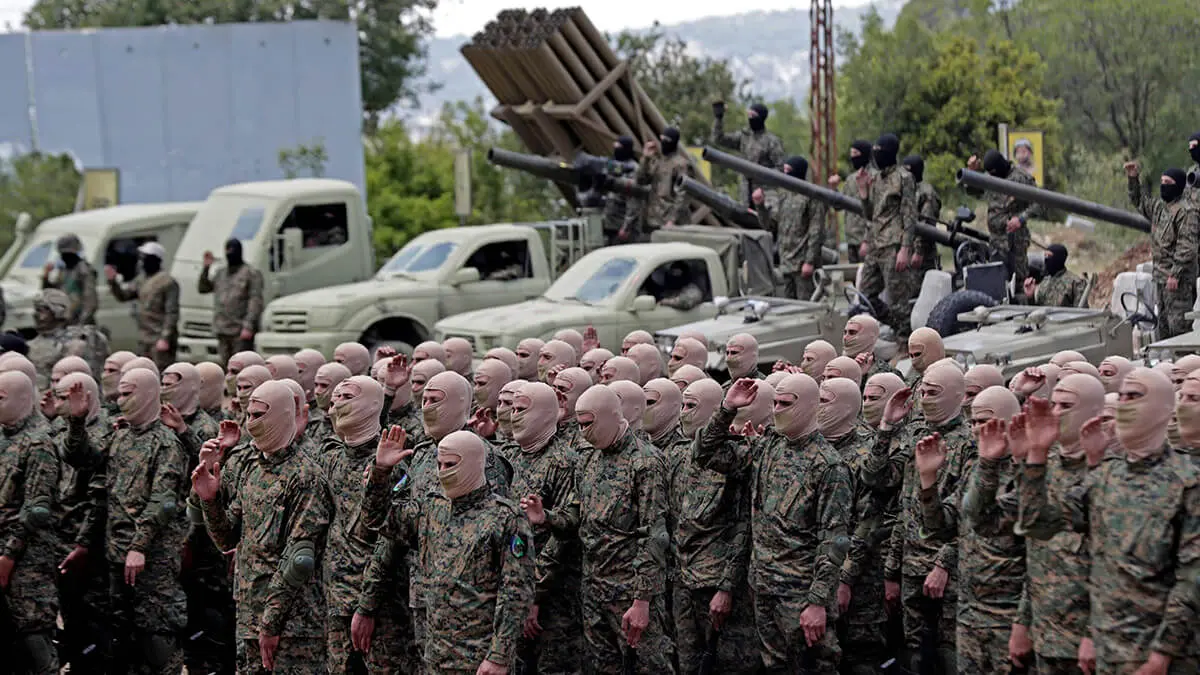Intense diplomatic offensive to prevent the escalation of war in the Middle East

The country's supreme leader himself has reportedly confided to his inner circle that Iran cannot let Israel's operation go unpunished, believing that such a hypothetical lack of response would diminish Iran's prestige and influence over its allied organisations and countries.
In turn, both Israel and its main supporter, the United States, and by extension the countries of the European Union, have also taken the threat of escalation seriously, so that, in addition to the corresponding military deployments to deal with the supposed imminent escalation, they have frantically intensified diplomatic activity to prevent it.
In the spotlight as the main theatre is Lebanon, which citizens of the US, France, the UK, Saudi Arabia and Sweden are hastily leaving, while other EU countries and Canada have strongly advised their nationals not to travel to the land of the cedars. In any case, those who risk contravening such recommendations will find it increasingly difficult to reach Beirut, as airlines such as Lufthansa, Air France, Transavia, Qatar Airways and Kuwait Airways have suspended flights.
Jordan, which maintains its peace agreement with Israel, dispatched its Foreign Minister Ayman Safadi to Tehran. His Iranian counterpart, Ali Baghesi, reiterated '"his country's determination to hold Israel accountable for its crimes". Earlier, Hashemite King Abdullah II had issued a statement stressing the need to "put an end to Israel's unilateral actions that fuel violence".
Almost simultaneously, the rotating president of the G-7, Italian Foreign Minister Antonio Tajani, summoned his colleagues to a meeting by videoconference, at the end of which he issued a communiqué in which the heads of diplomacy of the world's most industrialised (Western) countries expressed their "strong concern" that the current crisis would lead to a regionalisation of the crisis, starting with Lebanon. In the communiqué, they urge a return to the path of dialogue and moderation, while stressing that "the priority is to reach a ceasefire agreement in Gaza, the release of the hostages [held by Hamas] and the intensification of humanitarian aid. In this regard, the tragedy of the Gazan population has been compounded by a violent epidemic of hepatitis, which has already affected more than 100,000 people.
But alongside such calls for truces, dialogue and peaceful action, no one is failing to take steps to escalate the war. This is corroborated by US Deputy Security Advisor Jon Finer, who told ABC that "the United States is prepared to deal with all eventualities" of a military escalation between Iran and Israel. After acknowledging "the urgency of finding a ceasefire in Gaza, Finer acknowledged that the Pentagon is deploying a huge amount of naval and air assets, "in view of the necessary recommitment to defend Israel from attack". He countered, however, that "a regional war at this time is in no one's interest".
The elimination of Hamas and Hezbollah leaders Ismaeil Haniyeh and Fouad Chokr, respectively, has initiated a systematic drip-feed of surgical strikes against other leaders of both organisations as well as Islamic Jihad, which is seen in Tehran as a serious warning from Israel that no one in Iran is invulnerable, including the supreme leader of the Revolution, Ayatollah Ali Khamenei.


